Next week marks possibly the most anticipated movie weekend of the year, in which Christopher Nolan’s Oppenheimer and Greta Gerwig’s Barbie will go head-to-head.
This cinematic synchronicity has already garnered a great deal of attention, with fans christening it “Boppenheimer” or “Barbenheimer.” It has become a memetic phenomenon, with even filmmakers getting involved. Tom Cruise, whose Mission: Impossible – Dead Reckoning Part One releases the previous weekend, has shared his plans to see both movies. Barbie director Greta Gerwig and star Margot Robbie have shared photos with their tickets for Oppenheimer. Cillian Murphy has championed seeing both movies.
There is some concern about the decision to schedule these two films — three including Dead Reckoning Part One — so close together. After all, cinemas are going through something of a rough patch following the box office failures of The Flash and Indiana Jones and the Dial of Destiny. It might have been a smarter move to spread out those films, to share the love, and minimize the risk of a potential pile-up that could undermine one or even two of these films.
However, there is another way to look at this. Barbie and Oppenheimer do not need to be a mutually exclusive proposition. Indeed, the shared release date could be a golden opportunity on which theaters could capitalize. After all, there have been plenty of successful (and beloved) movies released in pairs: The Empire Strikes Back and The Shining, Poltergeist and Star Trek II: The Wrath of Khan, Mamma Mia! and The Dark Knight.
From a certain perspective, this synchronized release date is a sign that the theatrical landscape is healing. Movies are not merely “back.” There is enough of a returning audience to support not only two good movies in the same weekend but possibly even good old-fashioned counter-programming. “People are allowed to go see two movies in a weekend,” Oppenheimer star Matt Damon recently told Vanity Fair. “Oppenheimer is one of them!”
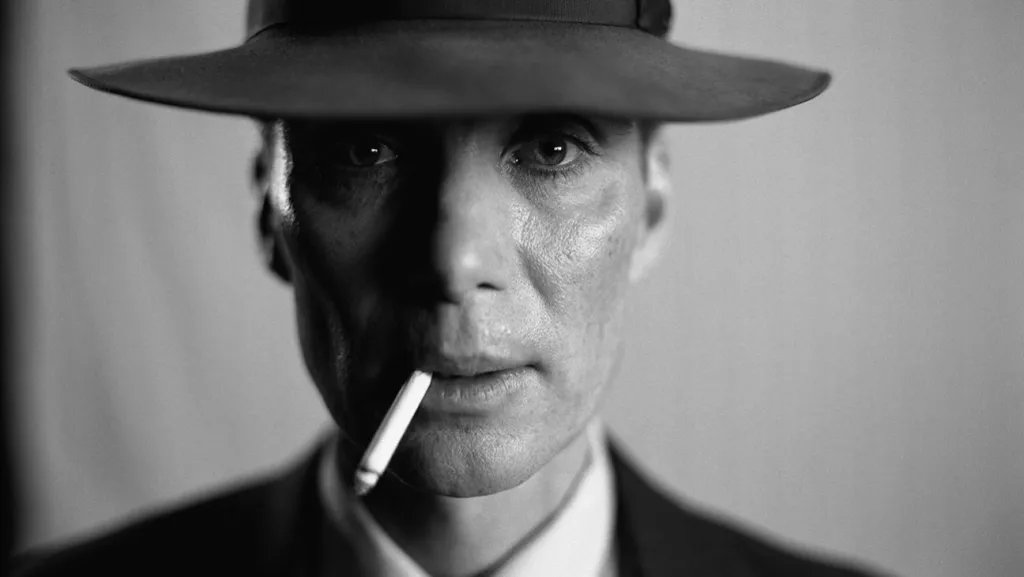
It doesn’t need to be a battle or a contest. There are reasons to be excited about both movies. On the most superficial level, both movies look good. Both movies come from established directors who are among the best working today, who have been given sizable budgets by major studios to construct idiosyncratic narratives around subjects that interest them. That alone is enough to make either movie stand out in a cinematic landscape still reeling from Fast X or The Flash.
There’s also a case to be made for each movie individually. Nolan’s Oppenheimer is something of a cinematic unicorn. It is a movie made for adults that deals with serious subject matter, with extended sequences in black and white, produced on a significant budget, and given the platform usually reserved for a blockbuster franchise film. It is a heady, serious, and ambitious work that does not condescend to its audience, and it pushes the technical limitations of its form — including the length of an IMAX reel — to its limits.
Barbie’s existence isn’t quite as rarified as that of Oppenheimer, but it is compelling on its own terms. Barbie is a big-budget blockbuster driven by intellectual property, in this case the iconic doll from Mattel. These sorts of projects are ubiquitous in the modern pop culture landscape. However, co-writer and director Greta Gerwig has built the movie around exploring the potential for individuality and self-awareness within that framework. It’s an inherently “poptimist” work to Oppenheimer’s old-fashioned “rockism.”
Cinema is a diverse medium that can offer a wide range of experiences. It is a big tent or a broad church, depending on one’s preferred metaphor. In recent years, in the wake of a massive global pandemic that radically reshaped the theater industry and the absurd folly of studios’ pursuit of streaming, the range of movies that can survive in the traditional marketplace has narrowed considerably. Even then, there’s a debate about whether those movies are sustainable at that level.
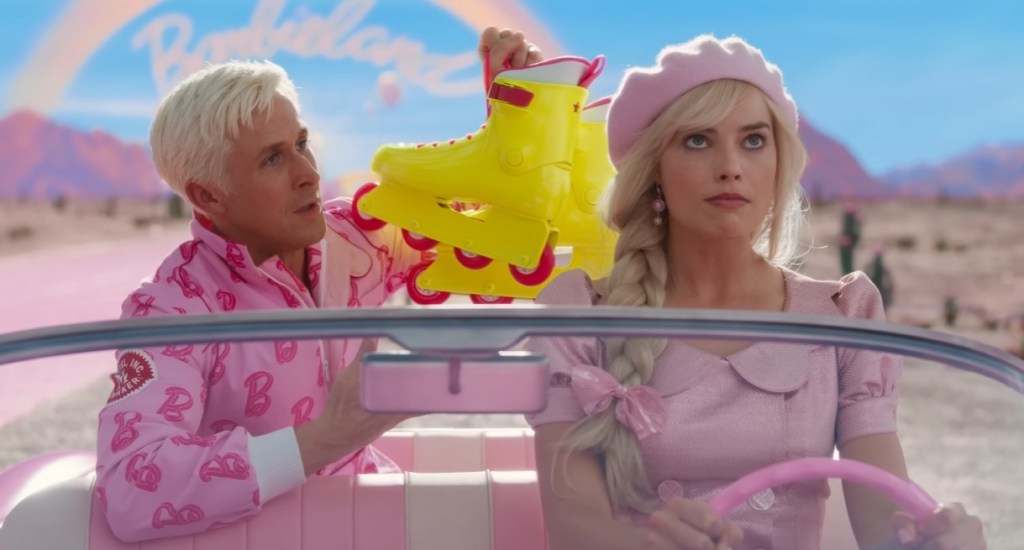
Anything that broadens the range of moves that can thrive in the marketplace — even a return of counter-programming — should be lauded and welcomed. There’s no reason that film fans shouldn’t be excited to see Oppenheimer and Barbie opening the same weekend. There’s a long cinematic history of double features, and “Boppenheimer” certainly has vibes that match the classic pairing of Grave of the Fireflies and My Neighbor Totoro.
Even if audiences don’t rush out to see both movies on opening weekend, the theatrical release calendar is remarkably sparse after the “Boppenheimer” double header. Indeed, the next few weeks of major theatrical releases skew younger. The biggest release of the following week is Disney’s The Haunted Mansion. The week after that, Paramount’s Teenage Mutant Ninja Turtles: Mutant Mayhem is the top drawer. There’s room for both Oppenheimer and Barbie to “leg out,” as Elemental has.
The problem arises when the narrative becomes one of competition and these two films are pitted against one another. As the two films have come closer to release, despite the good-natured statements from cast and crew, there has been a brewing antagonism between the two projects. Rather, there has been a clear antagonism directed at one of the projects by the studio behind the other. Warner Bros. has been stoking the illusion of a rivalry between the two films.
It is worth offering some context here. Oppenheimer director Christopher Nolan has a long history at Warner Bros. He worked with the studio for almost two decades, starting with his adaptation of Insomnia. Warner Bros. had a long history of developing relationships with strong directors like Stanley Kubrick and Clint Eastwood, and Nolan was a part of that. Warner Bros. was so eager to be in the Nolan game that it bought the international distribution of Interstellar from Paramount.
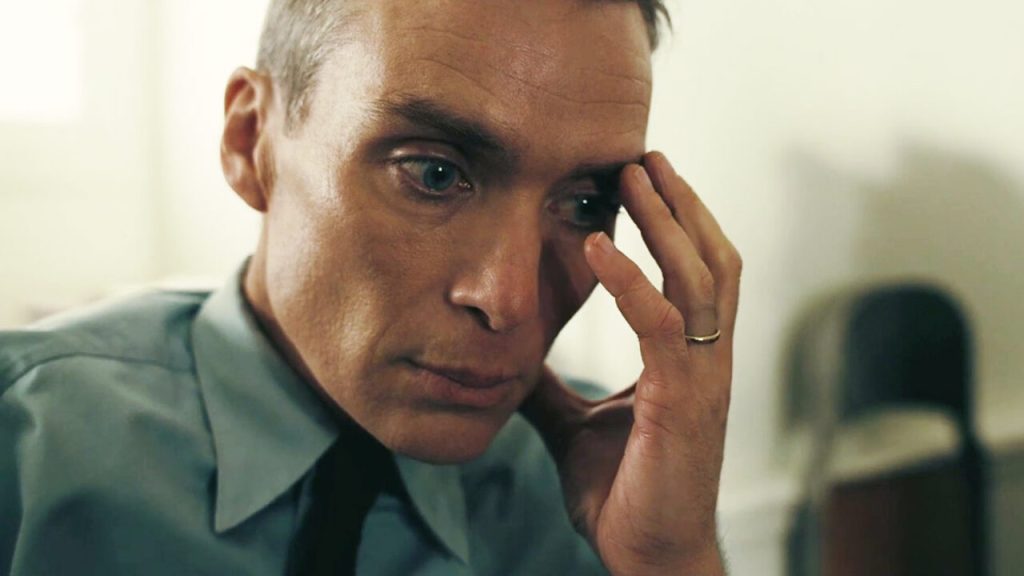
However, when Warner Bros. made the decision to send all its blockbusters to HBO Max as part of “Project Popcorn,” Nolan called out the release of these movies direct to “the worst streaming service” as an effort to screw below-the-line workers out of residuals and income. Nolan has been largely vindicated here. The question of streaming residuals has been a major part of the ongoing strike by the Writers Guild of America, with Nolan himself appearing on the picket line.
Nolan parted ways with Warner Bros. and signed a deal to develop his next project with Universal. He effectively got to set his own terms. In this conversation between the relationship between Oppenheimer and Barbie, it is worth stressing that Nolan’s Oppenheimer has always moved first and Warner Bros. has always responded to those moves in a way that could be uncharitably described as antagonistically.
Nolan set the release date for Oppenheimer ahead of time. The director has a longstanding preference for release dates in late July, typically the third weekend. He opened The Dark Knight (July 18, 2008), Inception (July 16, 2010), The Dark Knight Rises (July 20, 2012), and Dunkirk (July 21, 2017) in that space. Universal announced the movie’s release date in October 2021. In contrast, Barbie wouldn’t stake a claim on the date until April 2022.
According to Matthew Belloni, the former editor of The Hollywood Reporter, Warner Bros. had chosen that date “as a middle-finger” to Universal. This is certainly in keeping with reports of the management style within Warner Bros. under Warner Bros. Discovery CEO David Zaslav, with the company famously reaching out to quash an unflattering profile of the studio head in GQ. Hell seemingly hath no fury like a Hollywood studio scorned.
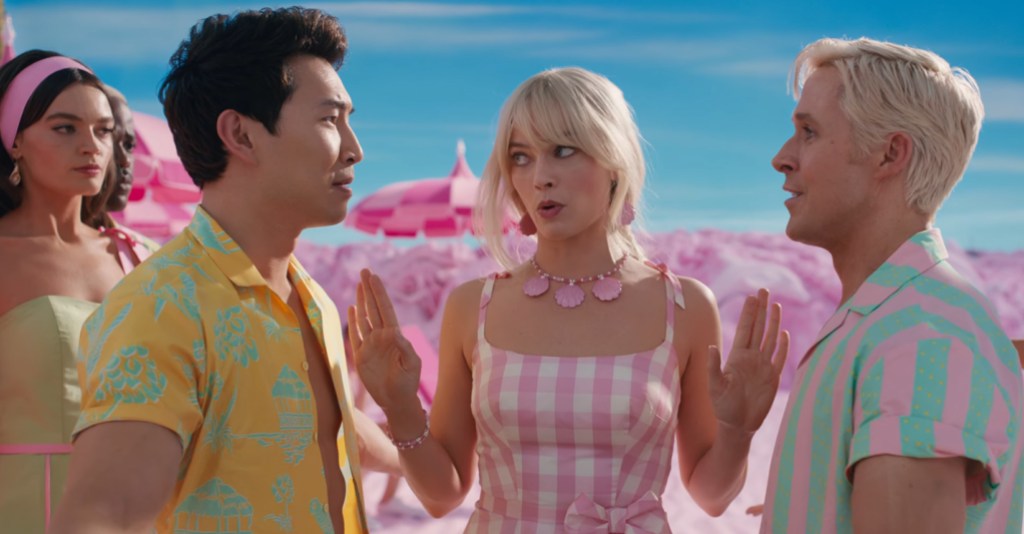
By all accounts, Warner Bros. has been sending mixed messages to Nolan, its old wunderkind. In November 2022, Nolan was spotted having lunch with Zaslav in the Warner Bros. commissary, along with director Steven Spielberg and co-head of DC studios Peter Safran. In June 2023, there were reports of Warners making an effort to heal the rift by signing Nolan the bonuses that he was due for Tenet, with Nolan even moving postproduction of Oppenheimer to the Warner Bros. studio lot.
However, there has been an aggressive tone to Warner Bros.’ marketing of Barbie opposite Oppenheimer. The studio has lined up last-minute press screenings conflicting with the screenings that Oppenheimer scheduled weeks in advance, in markets like Toronto, DC, San Francisco, and Houston. “Yes, it’s the same night as Oppenheimer,” read the screening invitation for Washington, D.C. “No, there is not another screening option.” Pack your military accessories; Barbie is going to war.
This is a disappointing, if predictable, approach from a major studio that has been reduced to a shell of its former self. It is particularly frustrating given that Nolan’s films have, by and large, been good for the theatrical industry as a whole. In many cases, Nolan’s box office successes have managed to coexist alongside counterprogramming: Mamma Mia! thrived opposite The Dark Knight, Big Hero 6 performed well opposite Interstellar, Girls Trip found an audience opposite Dunkirk.
There is a grim irony here. Oppenheimer is a movie about the development of the atomic bomb, a technology that threatened to completely annihilate all life on Earth. The survival of mankind came to balance on the edge of a razor, on the understanding of the principle of “mutually assured destruction.” With multiple global powers each holding nuclear weapons that could destroy the planet, leaders were smart enough to understand that continued survival depended on a stalemate.
The parameters of this looming box office deathmatch are clear. The joint release of Oppenheimer and Barbie could be — and should be — a victory for theatrical distribution and for cinema as an artform. This double feature presents an opportunity to demonstrate that the market can support multiple diverse high-quality products released simultaneously. Oppenheimer understands this. Barbie director Greta Gerwig understands this. One can only hope Warner Bros. does as well.

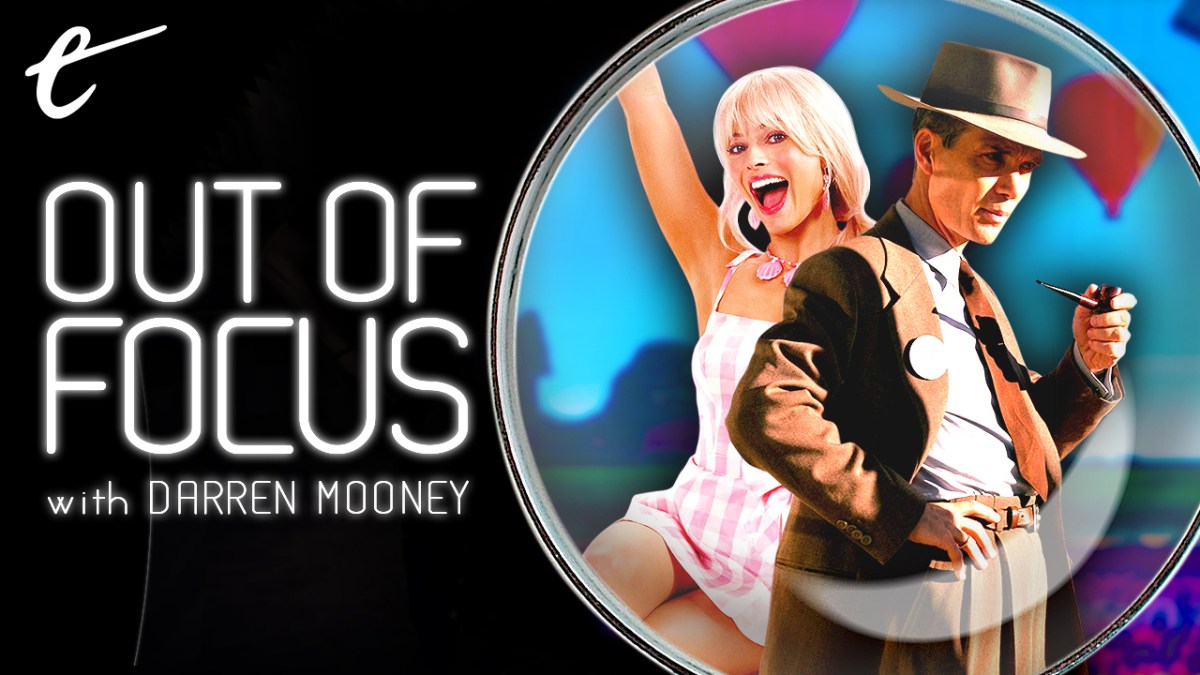




Published: Jul 12, 2023 11:00 am